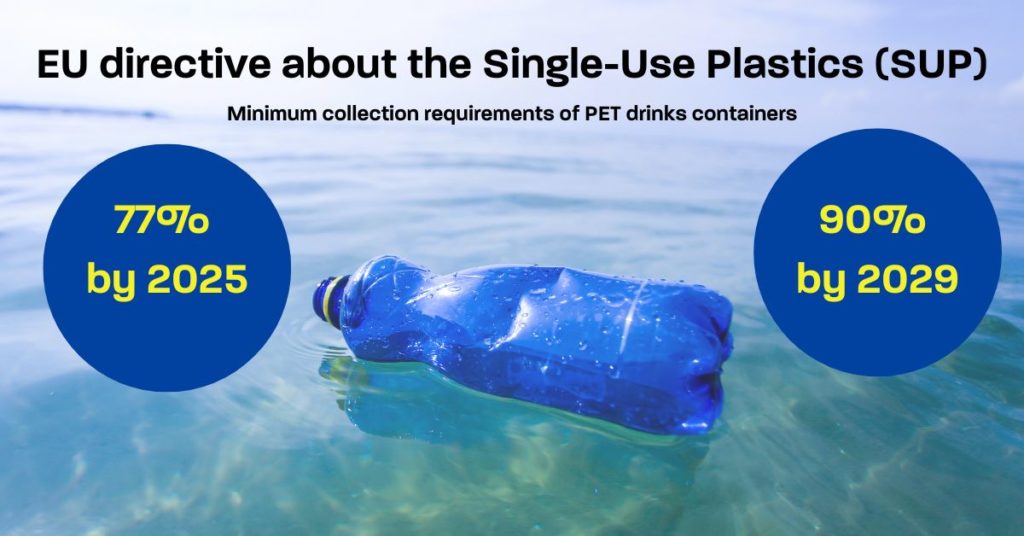

Effective marine conservation relies on robust policies and regulations that address the various threats facing our oceans. Policy changes play a critical role in protecting marine ecosystems, managing resources sustainably, and mitigating human impacts. This page highlights key policy changes and initiatives aimed at enhancing marine conservation.
Recent policies have focused on expanding marine protected areas (MPAs) to safeguard critical habitats and biodiversity. These areas help preserve marine ecosystems by restricting harmful activities and promoting sustainable management practices.
New regulations aim to reduce plastic pollution by banning single-use plastics and promoting the use of alternatives. These laws target sources of marine debris and help prevent plastic waste from entering the ocean.

Policies focused on climate change mitigation include measures to reduce greenhouse gas emissions and address ocean acidification. These policies aim to limit the impact of climate change on marine ecosystems and enhance resilience.

Reforms in fisheries management are designed to ensure sustainable fishing practices and protect fish populations from overexploitation. These changes include setting catch limits, enforcing regulations, and promoting responsible fishing methods.
International agreements and treaties play a crucial role in addressing global marine issues. Recent agreements focus on collaborative efforts to manage marine resources, combat illegal fishing, and protect ocean health on a global scale.

The Great Barrier Reef Marine Park Authority has successfully expanded protected areas within the Great Barrier Reef. These efforts have led to improved marine biodiversity and enhanced protection of coral reefs.
The European Union's directive to reduce plastic waste has led to significant decreases in single-use plastics. This policy has spurred similar initiatives in other regions and contributed to global efforts against plastic pollution.
